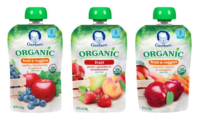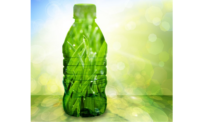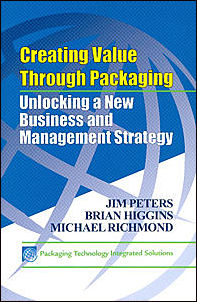New APR Study Shows Major Demand for Polypropylene
Study was an effort to identify market demand for PP PCR in the current market climate.

Demand for recycled polypropylene (PP) resin by major consumer brand companies is approaching 300 million pounds annually, according to a study by The Association of Plastic Recyclers, the international trade organization representing the plastics recycling industry. The 21 major consumer brand companies who responded also provided quality and quantity information for potential PP postconsumer resin (PCR) use in non-food contact applications. These companies alone identified demand of more than 280 million pounds of the recycled resin annually.
The study was an effort to identify market demand for PP PCR in the current market climate.
“We recognize the combination of factors impacting the current market for recyclables, however consumer brand companies specifically outlined potential demand for this material. The challenge remains providing recyclers the feedstock to meet that demand,” commented Liz Bedard, APR’s Rigid Plastics Recycling Program Director.
All respondents’ demand is current or within the next three years. The survey also provides information on qualitative PCR components such as melt flow index, odor, color and demand timeframe.
“APR’s two main goals are to increase supply and enhance the quality of the plastics recycling stream,” commented J. Scott Saunders, General Manager of KW Plastics and Chairman of APR. “Through work to achieve those goals, The APR Rigids Plastics Recycling Program and the Polypropylene Market Development Subcommittee have become one of the primary drivers to move the marketplace forward through stimulating growth and increasing availability and use of polypropylene PCR.”
Applications for polypropylene PCR include tubes, rigid packaging, closures, containers, pails, crates, disposable cutlery, pallets, hangers and tubs. Full survey results are available on the APR website. The full list of company respondents and contact information is available to APR Members Only. Click here for more information.
Julie Zaniewski, Packaging Sustainability Manager at Unilever, participated in the survey and provided her company’s perspective. “Unilever recognizes that recycling is one of the most effective ways to sustain the environment. As part of the Unilever Sustainable Living Plan, we are committed to increasing recycling rates and improving the availability of postconsumer materials, such as polypropylene.
Recycled polypropylene is an important material with massive opportunity in a circular economy. Working in partnership with industry we aim to increase the recycling of polypropylene and increase the recycled material content in our packaging to maximum possible levels, catalyzing the industry and further reducing our impact on the environment.”
Looking for a reprint of this article?
From high-res PDFs to custom plaques, order your copy today!








